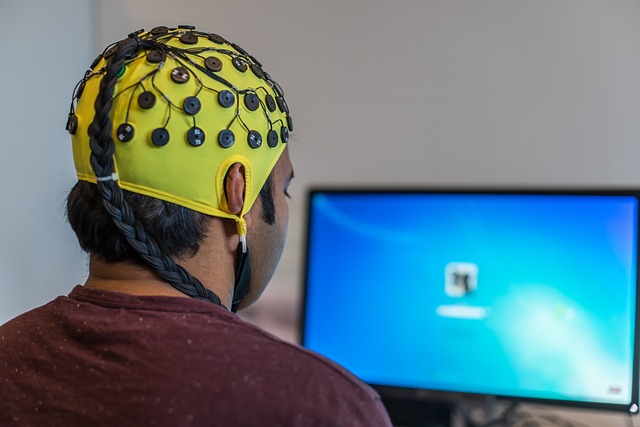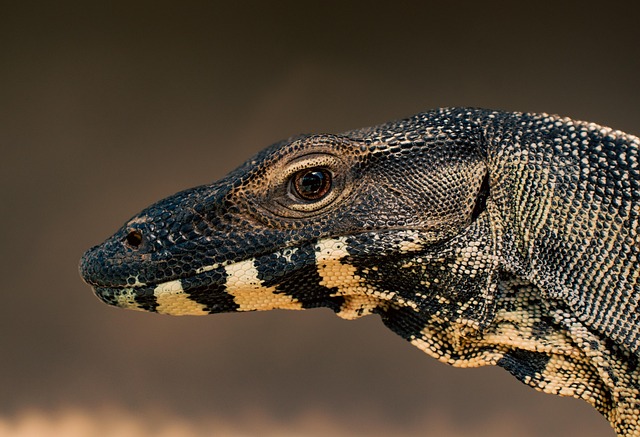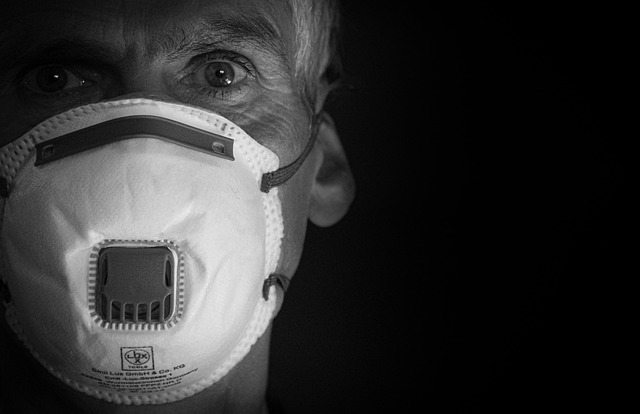The rapid advancements in technology over the past few decades have transformed nearly every aspect of our lives, but perhaps none are as promising as the innovations seen in the realm of health. At the forefront of this transformation is a remarkable technology known as a biosensor. With their profound ability to detect biological and chemical signals, biosensors are revolutionizing health monitoring and disease management.
Technological Innovations Driving Biosensor Development
Biosensors integrate cutting-edge technology to provide real-time data and insights about a person’s health. From glucose meters that help diabetics manage their blood sugar levels to wearable devices that monitor heart rate and oxygen saturation, these sensors are creating a more interconnected and responsive health ecosystem. They leverage advancements in microelectronics, nanotechnology, and biotechnology to enhance their sensitivity and accuracy. For example, some biosensors can detect minuscule concentrations of biomolecules in a sample, thereby enabling early diagnosis of diseases.
Moreover, the development of smartphone applications that pair with biosensors allows users to access their health data instantly. This convergence of mobile technology and biosensing not only empowers individuals to take charge of their health but also fosters a proactive approach to wellness. Imagine receiving alerts on your phone if your heart rate exceeds a safe threshold—these innovations make that a reality.
Health Innovations Transforming Patient Care
The implications of biosensors in health innovations are vast. They have the potential to shift the paradigm from reactive treatment to proactive care. For instance, in chronic disease management, continuous monitoring through biosensors can alert patients and caregivers to potential health issues before they escalate, thus improving outcomes.
Clinical settings also benefit significantly from biosensor technology. Hospitals are increasingly using advanced biosensors for rapid testing and diagnosis, streamlining processes and enhancing patient care. The COVID-19 pandemic underscored the necessity for efficient biotechnological solutions, and biosensors have emerged as pivotal tools in monitoring infection rates and individual health status.
Additionally, the integration of artificial intelligence with biosensors is paving the way for personalized medicine. By analyzing the data collected from various biosensors, AI algorithms can offer tailored recommendations based on an individual’s unique health profile, ultimately promoting better health management strategies.
As we continue to explore the vast potential of biosensors, it becomes evident that they represent more than just a technological marvel; they symbolize a new era in health innovation. The intersection of biosensors and technology not only enhances our approach to healthcare but also resonates with a future where health monitoring becomes seamless, empowering everyone to lead healthier lives.




